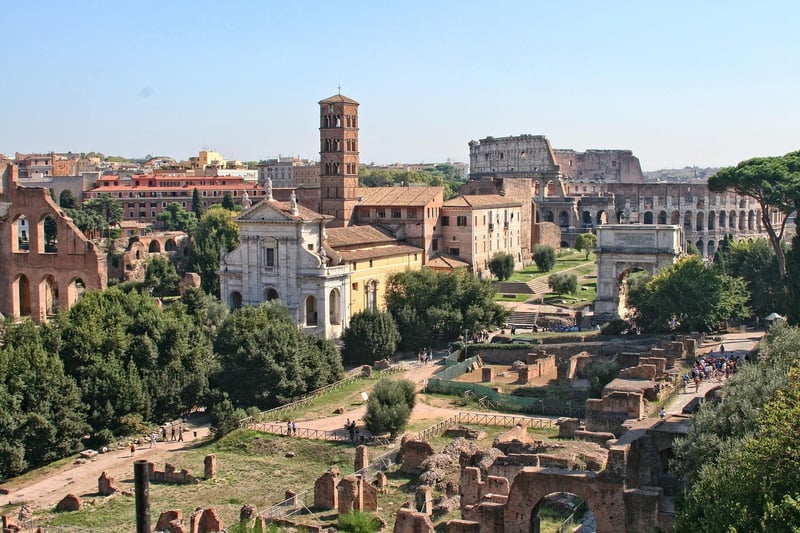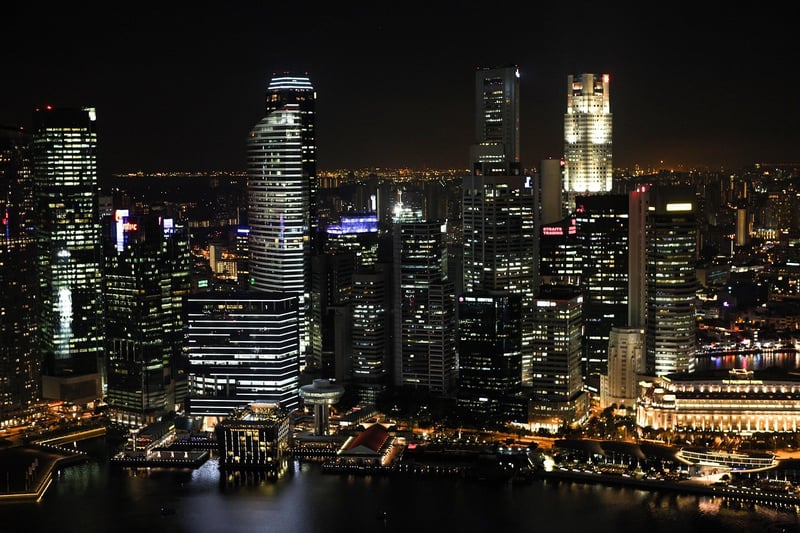Chrono Cultures
Exploring Societies Across Different Eras
Understanding how societies have evolved over time is crucial for gaining insights into the present and preparing for the future. By delving into the cultural, social, and political landscapes of various historical eras, we can appreciate the diversity of human experiences and the interconnectedness of civilizations.
Ancient Societies
Ancient civilizations such as Mesopotamia, Egypt, Greece, and Rome laid the foundations for many aspects of modern society. Their advancements in architecture, art, governance, and philosophy continue to influence contemporary practices.

Medieval Societies
The medieval period witnessed the rise of feudalism, the spread of Christianity, and the flourishing of trade along the Silk Road. Castles, cathedrals, and chivalry were prominent features of this era, shaping the social hierarchy and cultural norms.

Modern Societies
The modern era, marked by industrialization, globalization, and technological advancements, has brought about significant changes in how societies function. The rise of nation-states, democratic governance, and mass communication has transformed social structures and interactions.

Chrono-Cultures: Bridging the Past and Present
Chrono-cultures refer to the fusion of traditions, values, and practices from different historical periods to create a unique societal identity. This concept highlights the dynamic nature of culture and the ways in which societies adapt and evolve over time.
By studying chrono-cultures, we can appreciate how past influences continue to shape contemporary societies and how innovation and adaptation are essential for societal progress.
Exploring societies across different eras not only enriches our understanding of history but also provides valuable insights for addressing current challenges and shaping the future.
Let's continue to learn from the past, embrace the present, and envision a more interconnected and harmonious future for all.
